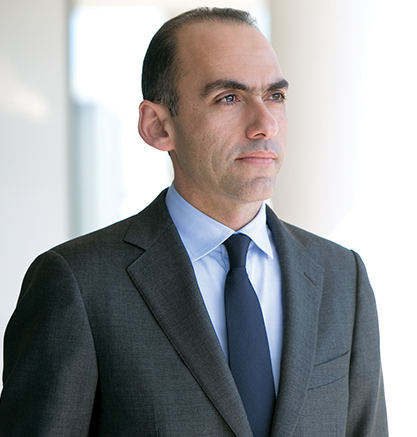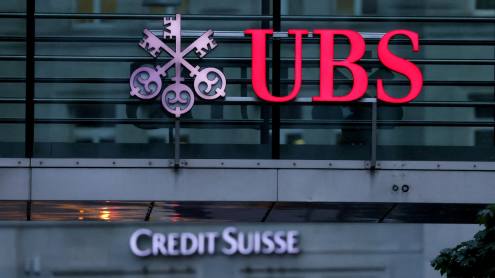Harris Georgiades, Cyprus's minister of finance, experienced a baptism of fire when starting his new job in April 2013. Just a few days before his appointment, the EU and the International Monetary Fund (IMF) stepped in with a €10bn bailout to save Cyprus from its banking crisis.
This saw Mr Georgiades – who was relatively new to government, having previously only served five weeks as minister of labour and social insurance – tasked with implementing the economic reform programme overseen by the European Commission (EC), European Central Bank and the IMF.
Three years later, the programme was successfully concluded two months ahead of schedule in March 2016, an achievement for which he was subsequently featured in Politico magazine as one of 2016’s 28 most influential Europeans.
Showing progress
Mr Georgiades is also Cyprus’s governor at the European Bank for Reconstruction and Development (EBRD) and between 2014 and 2015 he was also chair of the board of governors. Having been involved with the EBRD through the years, Mr Georgiades is pleased that Cyprus is hosting the bank’s annual meeting in May, giving the country an opportunity to demonstrate its progress. “It’s an extremely important event for Cyprus,” he says.
The EBRD has been investing in Cyprus since 2014, after the government asked for assistance following the country’s financial crisis. “The [EBRD’s] most significant investments have been equity participations in the two largest private banks,” says Mr Georgiades. “Other investments include renewable energy projects and trade finance facilities, which have helped reinvigorate economic activity.”
Having been in recession for three consecutive years, the Cypriot economy returned to growth in 2015, if only at 1.5%. Yet improvements have continued since the completion of the EU/IMF reform programme. “Cyprus is currently enjoying a growth rate just short of 3% of gross domestic product [GDP], which is well above the eurozone average,” says Mr Georgiades.
Cyprus’s GDP growth was 2.8% in 2016, compared with the euro area average of 1.7%, according to the EC. In 2017, the finance ministry expects Cyprus to again outperform the euro area with forecasts of economic growth between 2.5% and 3%, compared with the EC’s 2017 estimate of 1.6% for the eurozone.
Stalling reforms?
Still, Cyprus has to tackle two main legacy problems: non-performing loans (NPLs) and unemployment, according to Mr Georgiades. “But both are on a downward path,” he says (see more on Cyprus’s banks on page 68). Along with this, it needs to maintain momentum in pushing through reforms.
The EC’s Country Report Cyprus 2017, published in February, noted “a loss of reform momentum [in Cyprus in 2016]” after three years of ambitious changes during the economic adjustment programme and the “stalling of some measures, reflecting a more complex political context”.
Some planned reforms, such as those of the national health system and aspects of public administration, are indeed facing delays in parliament. “As the executive branch of government, we’d like parliament to move faster. But we are functioning in a liberal democracy and parliament is entitled to review and screen government proposals, which takes time,” says Mr Georgiades.
While the report also noted Cyprus’s continuing economic recovery, it further drew attention to a “fragile” social situation, “subdued” potential growth and “macroeconomic imbalances [which] have started to unwind but remain considerable”.
In response to this, Mr Georgiades says: “The objective [of the report] was to highlight the risk factors and not all the things that are going well. From our side, the results we have achieved speak for themselves.”
He points to Cyprus’s GDP growth rate of nearly 3%, a balanced budget for the fourth year in a row, and the fact the country has attracted significant foreign investment in sectors such as tourism, pharmaceuticals and ports.
“We will be constantly engaged in efforts to ensure the soundness of the public finances and enhance the growth potential of our economy,” says Mr Georgiades. “Reform is a never-ending process.”












